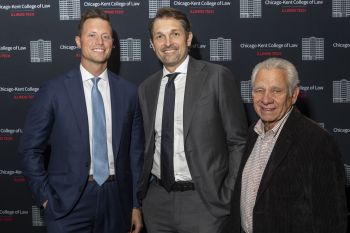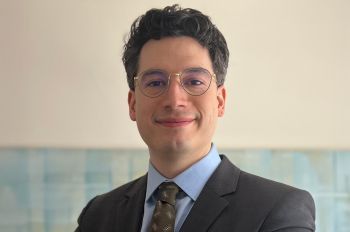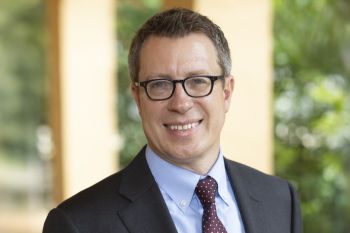IIT Chicago-Kent Professor Steven J. Heyman to discuss the First Amendment and funeral protests at American Constitution Society event
Do religious groups have a First Amendment right to picket funerals? How far does the First Amendment protection of freedom of speech extend? Does the First Amendment protect protesters at a funeral from liability for intentionally inflicting emotional distress on the family of the deceased? Should the law ever restrict speech because it causes injury to others?
IIT Chicago-Kent Professor Steven J. Heyman will address these issues in "To Drink the Cup of Fury: Funeral Picketing, Public Discourse, and the First Amendment," a lecture co-sponsored by IIT Chicago-Kent and Chicago Lawyer chapters of the American Constitution Society. The program will begin at noon on April 25 in room 345 of the law school, 565 West Adams Street (between Clinton and Jefferson streets, in Chicago.
Professor Heyman's remarks are based, in part, on his 2012 article in the Connecticut Law Review that analyzes the U.S. Supreme Court decision in Snyder v. Phelps, which held that Westboro Baptist Church had a First Amendment right to picket the funeral of a young soldier killed in Iraq.
Westboro has been described as a hate group and is known for inflammatory homophobic, racial, ethnic and religious rhetoric. In recent years, members have picketed the funerals of performers Michael Jackson and Ronnie James Dio, and have threatened to picket the funerals of Apple founder Steve Jobs, film critic Roger Ebert, former Penn State coach Joe Paterno, and victims of the Sandy Hill shootings and of the Boston Marathon bombings.
Drawing extensively on the record in Snyder as well as on other materials, Professor Heyman will argue that Westboro's funeral picketing should not receive First Amendment protection, for the picketing is intended to condemn the deceased and to inflict severe distress on the mourners in violation of their rights to privacy, dignity, emotional well-being, and religious liberty. He will also present an alternative theory of the First Amendment which holds that the same values of human dignity and autonomy that support free speech also give rise to other fundamental rights. Thus, says Professor Heyman, the protesters "should have a duty to respect the personality and rights of others." He will also discuss ongoing litigation over laws that restrict funeral picketing.
A member of the IIT Chicago-Kent faculty since 1989, Professor Heyman is a leading First Amendment scholar who has written extensively about freedom of speech and other aspects of constitutional law. He teaches courses in the First Amendment torts, criminal law, legislation, and constitutional law. Professor Heyman is a graduate of Harvard Law School, where he was a Supreme Court editor of the Harvard Law Review. After graduation, he served as a law clerk to Judge Harry T. Edwards of the U.S. Court of Appeals for the District of Columbia Circuit and then as an associate at the Washington, D.C., law firm of Shea & Gardner.
Founded in 1888, IIT Chicago-Kent College of Law is celebrating "125 years of distinctive legal education." IIT Chicago-Kent is the law school of Illinois Institute of Technology, a private, Ph.D.-granting institution with programs in engineering, psychology, architecture, business, design and law.



